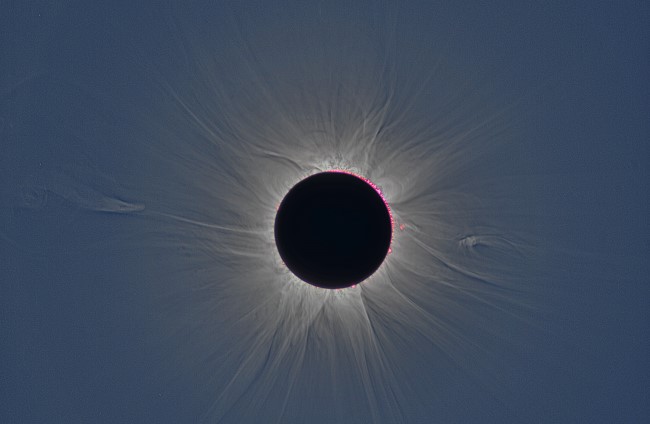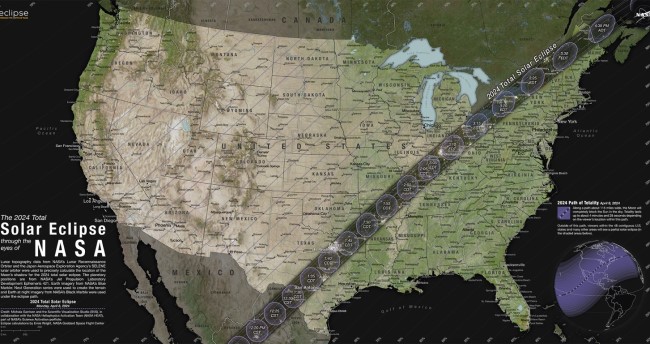Adventure
The Corona We Wanted: Total Eclipse Tips for April 8, 2024

Finally, the spring Corona announcement we’re happy about!
On April 8, 2024, America will experience something unique and special–a solar eclipse! The zone of totality will stripe right across the U.S., with partial eclipses visible in a much wider area. As such, April 8 is going to be one of the most popular days outdoors until … well, the next solar eclipse! It’s not every day we get to witness the sun being blotted out from the sky, and it shows in the wide variety of terrestrial celebration, from tailgate parties to solemn astronomy.
If you live in the zone of totality (on.IN.gov/eclipse), you may want to view the event from your own backyard to avoid some challenges. If you don’t, and plan to travel to the zone of totality, here are some tips for doing so on state-managed land. These are from Indiana, but you’ll find that there’s a lot of consistency from state to state.

“We look forward to welcoming thousands of Hoosiers and guests to see and feel the effects of this amazing astronomical event with the wonderful backdrop our public lands provide,” said DNR director Dan Bortner. “We have guests coming in from across Indiana, the country, and the globe to camp, stay at our inns, or spend the day with us. As you prepare your eclipse-day plans, we want you to be prepared to make the most of your time with us.”
If you plan to visit a state park, state forest, fish & wildlife area, or state-managed nature preserve within the zone of totality, expect to have a lot of company, plus the long lines and traffic that come with it — and plan for a full day enjoying the outdoors in spring’s often fickle weather.
Some tips:
- Arrive early and stay put. Entrance gates (where they exist) open at 7 a.m. When parking areas are full, gates will close to cars and pedestrians. If you leave before the eclipse, you may not be able to get back in.
- Bring your Annual Entrance Pass. Properties with entrance gates will charge gate fees. Cash or credit cards will be accepted, but showing your pass will help the lines move more quickly.
- Bring cash. Wireless communications in the zone will likely be slow, so bring extra cash for food, drinks, gate entrance, and commemorative items that may be for sale, just in case.
- Pick up ID tags. Free ID wristbands for kids will be available at or near entrance gates at most properties.
- Bring lawn chairs and a picnic. The eclipse actually begins between noon and 1 p.m. depending on where you are, but you’ll want to arrive long before that. Some but not all locations may be selling food.
- Fill your gas tank before you come. People from all over the world will be visiting, and gridlock may ensue as you head home.
- Pack your car and your patience. Bring extra snacks, water and first aid supplies/medicines and a backpack of car games, videos, or other entertainment for the kids to enjoy during travel.
- Be sure to use solar viewing glasses! Exposing your eyes to the sun without proper eye protection during a solar eclipse can cause “eclipse blindness” or retinal burns, also known as solar retinopathy.






